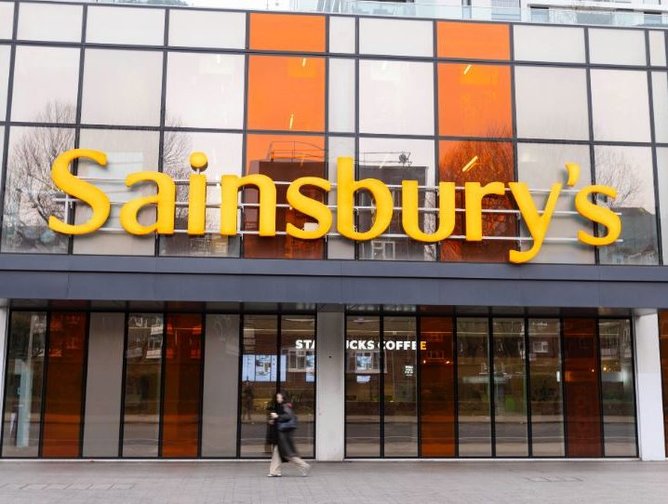What are Sainsbury’s New SBTi-Agreed Sustainability Targets?

UK-based retailer Sainsbury’s has torn up some carbon-reduction targets and replaced them with much tougher ones.
The new aims have been validated by the Science Based Targets initiative (SBTi), the global body that sets requirements for and approves emission reduction targets.
Flying the FLAG
Sainsbury’s first had its targets SBTi-validated in 2020.
At that point, it committed to reducing its absolute Scope 1 and 2 emissions by 50% by 2030. That has been changed to a 68% reduction within the same time frame.
It has also separated into two and toughened up its Scope 3 emission reduction target of 30% by 2030.
Its operational target, including transport, energy use and manufacturing sites, has been increased to 50.4%.
And for the first time, following new SBTi requirements, Sainsbury’s has validated targets for Scope 3 GHG emissions that come from forests, land and agriculture (FLAG). The retailer has pledged to reduce its FLAG emissions by 36.4% by 2030.
Ruth Cranston, Director of Corporate Responsibility and Sustainability at Sainsbury’s, said: “Getting our updated targets validated by the SBTi is an important step forward. The effects of climate change are already very real so it’s vital that we act now to reduce emissions and protect and restore nature to help us build a resilient future for all.”
Ruth added: “Our ambition to achieve net zero by 2050 will require transformation across our whole business, supply chains, as well as how we help our customers to make more informed choices.
“We can't do this alone, so collaboration as an industry will be critical to drive the required change."

Sainsbury’s aims to be net zero in its own operations by 2035 and in its value chain by 2050, in line with its commitment to the Paris Agreement of limiting global warming by 1.5°C.
Along with other signatories of the WWF Retailer Commitment for Nature, it has asked its suppliers that are responsible for a high proportion of its Scope 3 emissions to get approved science-based targets by the end of 2025.
Energy interventions
Among its actions to reduce Scope 1 and 2 emissions, Sainsbury’s has:
- Removed hydrofluorocarbons (HFCs) and natural gas across its stores through the introduction of more efficient refrigeration systems
- Introduced 100% LED lighting across its estate, reducing lighting energy consumption by an average of 70%
- Used 100% renewable electricity across its estate and increased the amount of on-site generation at its stores
- Launched its most energy-efficient supermarket in Hook, Hampshire, which uses half the energy of a similar-sized Sainsbury’s store and 25% less electricity.
******
Make sure you check out the latest edition of Sustainability Magazine and also sign up to our global conference series - Sustainability LIVE 2024
******
Sustainability Magazine is a BizClik brand
******






